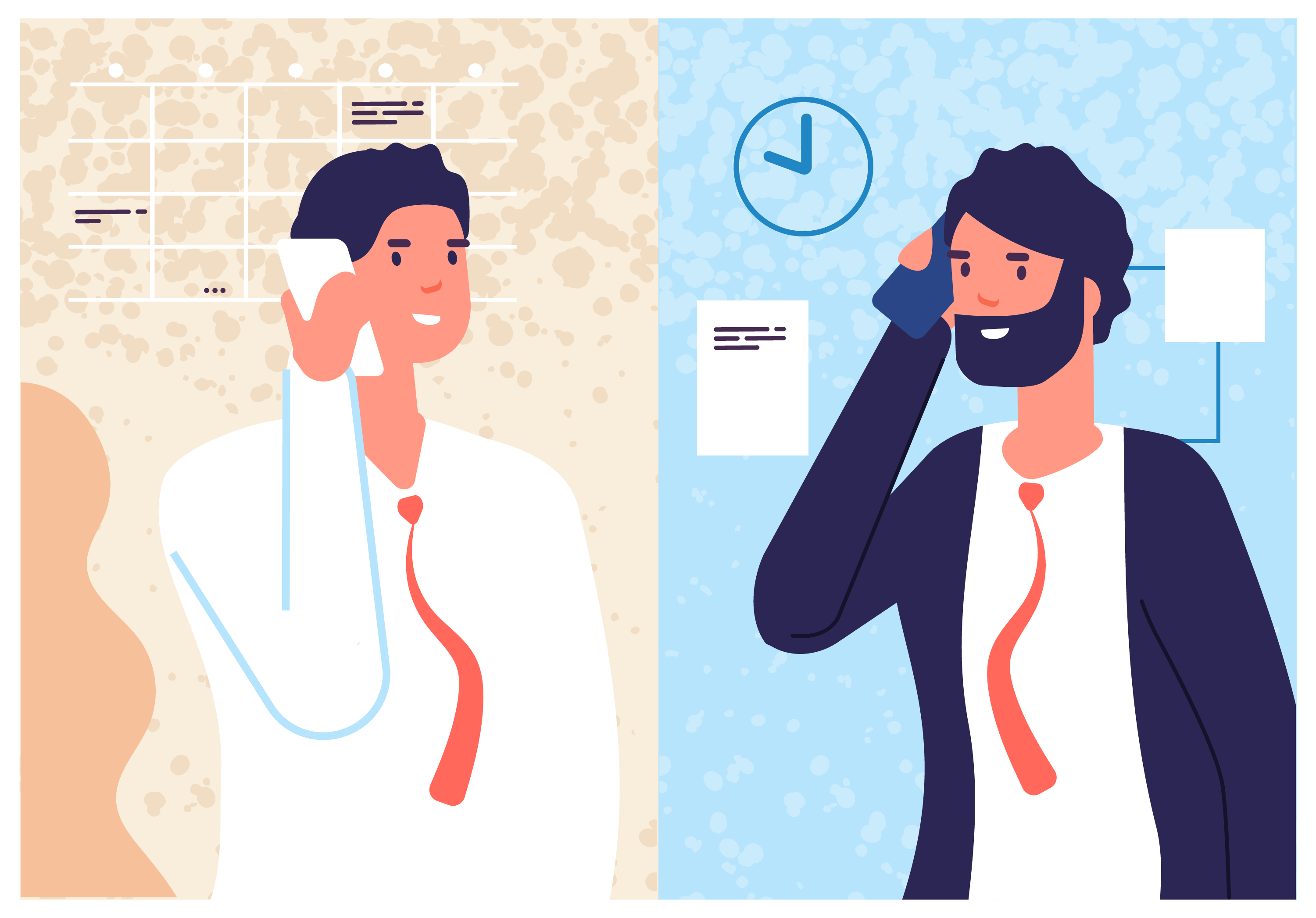The Reference Check Problem (and Solution)

by Jesse Plunkett Posted on 2 years ago


by Jesse Plunkett Posted on 2 years ago

While reference checks are the most common assessment technique for executive level hires, many employers are cutting back on reference checks for mid & low-level positions. The time-intensive nature of reference checks doesn’t mesh well with positions that receive more applications, experience higher turnover, and require faster hiring.
Time-consumption isn’t the only problem though. Everyone can get a positive reference from someone, and hiring managers know applicants won’t list references who could say something negative. The question isn’t whether someone can get a positive reference, but rather whom they can get a positive reference from. References from friends, family, or unverifiable sources are a waste of time, but references from past employers speak volumes. Who better to speak to the applicant’s competency, work ethic, and character?
Some companies save time by outsourcing their reference checks to third-parties. The tradeoff is third-parties make it easy for applicants to provide themselves references by creating new email addresses and using a Starbucks IP address or VPN. This can hurt more than it helps.
In sum, employers face two key problems: Time consumption and low-quality sources. At the same time, applicants and reference-providers have their own problems.
High quality references are normally busy and can’t be expected to provide multiple thoughtful references for the same person. This problem is further exaggerated when automated reference checks are used earlier in the hiring process.
Having reference checks at the end makes sense for minimizing time-sink and respecting references’ time, but it also means top performing applicants will slip through the cracks. The best evidence of a worker’s future work ethic and character is the experience of the past employer, and it’s a shame for applicants to have to first make it through 3 interviews before those experiences matter. The best applicants are eager to share the experiences of their past employers.
These are the problems SafeHire aims to resolve. SafeHire only accepts references from validated professional email addresses, which are published along with their reference. Reference-providers must explicitly affirm that they were the jobseeker’s workplace superior, HR officer, or professor. When top applicants use SafeHire, employers save time with upfront, validated references from past employers and reference-providers can provide just one lasting, quality reference. Most importantly, applicants who are eager to share the experiences of their past employers can stand out by linking their SafeHire profile on their resume.
Don't miss these key insights. Get the latest articles sent to your inbox the morning after they're published.